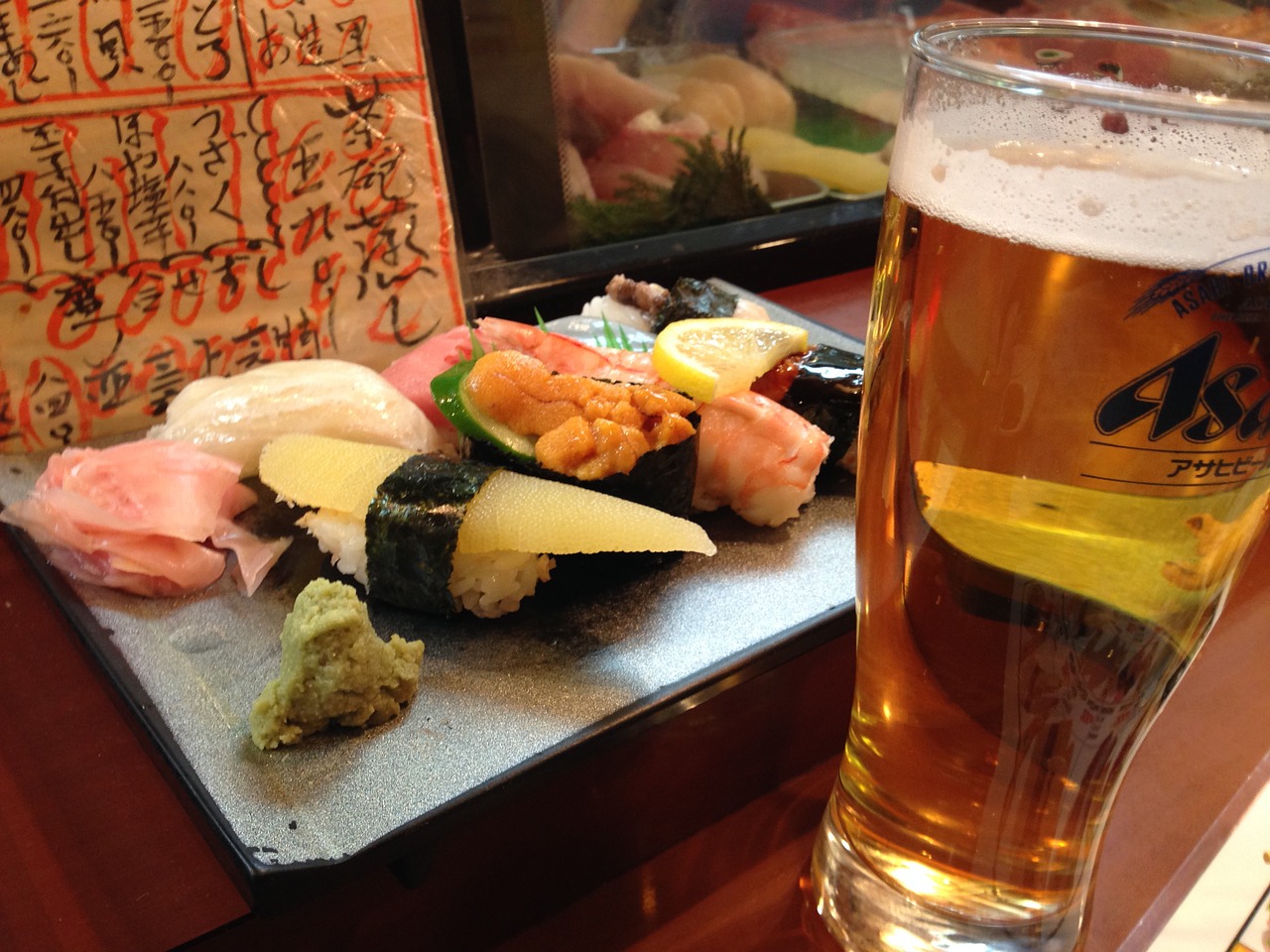
Japanese beer exports to South Korea has hit zero last October amidst boycotts ignited by an ongoing trade war between the two Asian countries.
Official figures showed that Japanese beer exports to Korea in October reached zero while food exports fell by by 58.1% amidst the trade war between Japan and Korea. Meanwhile, shipments of sake declined by over 90% and instant noodles also fell to zero.
Beer sellers have received the biggest impact of the boycotts as Japan shipped $7.3 million worth of beer to South Korea last October.
The trade dispute between the two neighbors started as a diplomatic feud over wartime labor compensation. The trade war has affected various industries, including Japanese automobile manufactures and Korean electronics suppliers.
In July, Japan decided to implement stricter controls on South Korean exports, targeting materials used in memory chips and display screens that are vital for local companies such as Samsung. As a result, Japanese exports of equipment used in the manufacture of semiconductors decreased by 49% last month.
Tension over wartime labor compensation
In 2018, the South Korean court ruled that Japanese companies should pay compensation to Koreans over forced wartime labor. The rulings were condemned by Japan, arguing that the dispute was settled in 1965 when diplomatic ties were normalized between the neighboring countries.
Despite the ongoing trade war, there have been signs of improvement in the relationship of the two nations. South Korea has agreed to continue a military intelligence-sharing pact with Japan which has been perceived as threatened by the dispute.
The intelligence agreement, known as GSOMIA or General Security of Military Information Agreement, allowed South Korea and Japan to share information about North Korea's military and nuclear activities directly with each other.
The US government welcomed this positive development and urged for the two Asian countries to settle their differences.






